Designate Saint JOSEPH ABBEY AND SEMINARY COLLEGE as Beneficiary of an Account
A simple way to make a gift
Would you like to help educate future priests, provide for youth camps and retreats, and feed the poor? You can, without changing your Will or parting with any assets now. Instead, designate Saint Joseph Abbey and Seminary College (SJASC) as a beneficiary of certain assets or accounts you own.
By completing a simple beneficiary form, you arrange your gift now and at your passing the gift becomes available to SJASC to use as you have directed.
The following assets may be designated for Saint Joseph Abbey and SEMINARY COLLEGE:
- Retirement plan assets
- Life insurance policies
- Commercial annuity contracts
- Bank and investment accounts
The form is available from the bank or company with whom you do business, and takes only a minute to complete.
You can name Saint Joseph Abbey and Seminary College as the sole beneficiary of your assets or as one of several beneficiaries. For example, you can use some of your assets to make a donation and the rest to provide for family members or other loved ones.
Benefits of Giving via a Beneficiary Designation
- Flexible - assets remain in your control should you need them.
- Easy to arrange – doesn’t require a change to your Will.
- Revocable – you can change your gift designation at any time.
- Tax-wise – funds passing by beneficiary designation to Saint Joseph Abbey are not subject to income or estate tax. This means 100% of your gift is available for use by Saint Joseph Abbey, as you direct.
- Family-friendly – you can name family or other loved ones to benefit from some of the asset, with Saint Joseph Abbey receiving the remaining portion.
- Support your cause – your gift helps ensure Saint Joseph Abbey has the resources it needs to fulfill its mission and serve future generations.
Consider making a Gift of these Assets
Retirement assets
These include IRAs (regardless of the type of IRA) and most qualified retirement plans, such as 401(k) and 403(b) plans. Request a Beneficiary Designation Form from your plan administrator and designate Saint Joseph Abbey as a beneficiary of either a percentage of your plan balance or of a specific dollar amount.
Retirement assets can be taxed at rates as high as 50% to 70% if you leave them to someone other than a surviving spouse. This is because most distributions* to an individual from an IRA, 401(k), 403(b), or other qualified retirement plan are subject to both income tax and estate tax.
In contrast, retirement funds that pass to Saint Joseph Abbey by beneficiary designation are not subject to either of these taxes*. From a tax standpoint, a transfer of assets remaining in an IRA or other retirement account is the very best charitable gift.
Life insurance policies
Simply complete and return to your insurance company a form designating that Saint Joseph Abbey receive all or a portion of the death benefit associated with your life insurance policy.
Bank account. You can instruct your bank to pay to Saint Joseph Abbey all or a portion of what remains in your checking or savings account. Your bank can provide you with the appropriate beneficiary designation form.
Investment accounts
You can instruct your investment company to transfer to Saint Joseph Abbey some or all investments held in your account at the time of your passing. Your broker or agent can let you know the process for doing this – it may be as simple as adding “Transfer on death to Saint Joseph Abbey” after your name on the account.
Commercial annuity contracts
A commercial annuity will sometimes have a remaining value at the end of the annuitant’s lifetime. You can name Saint Joseph Abbey to receive all or part of this amount by designating Saint Joseph Abbey as a beneficiary (sole or partial) on a form available from the insurance company that issued the annuity.
For more information, contact:
Scott Wallace, Director of Institutional Advancement
(985) 867-2235 • swallace@sjasc.edu
* The only exceptions to the possible double-taxation are distributions from a Roth IRA or distributions attributable to contributions of after-tax dollars to other types o
Because everyone’s situation is different, we encourage you to seek professional legal, estate planning, and financial advice before deciding on a course of action. This information does not constitute legal or financial advice and should not be relied upon as a substitute for professional advice.

